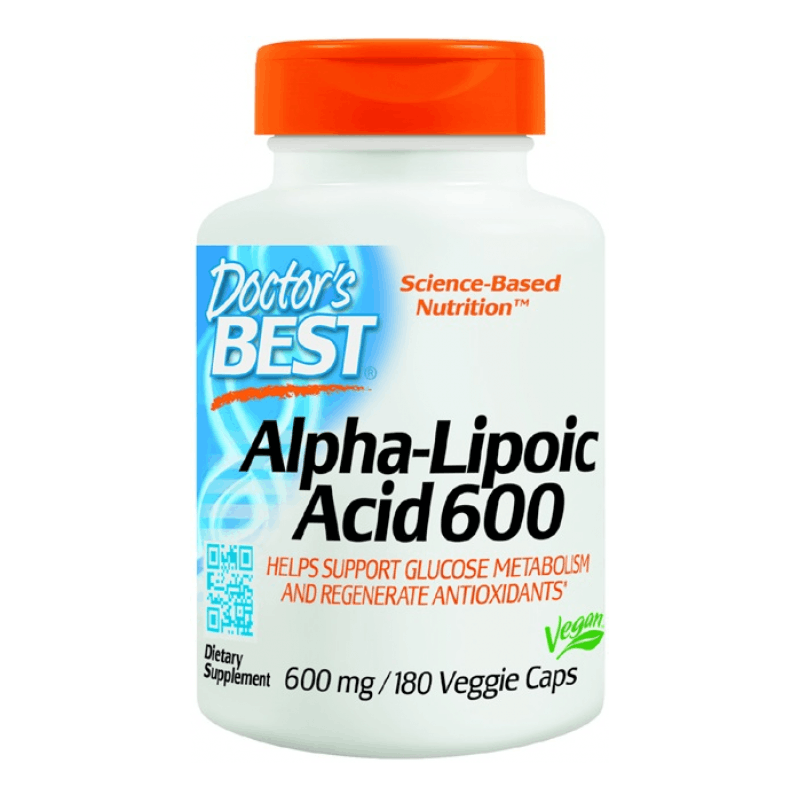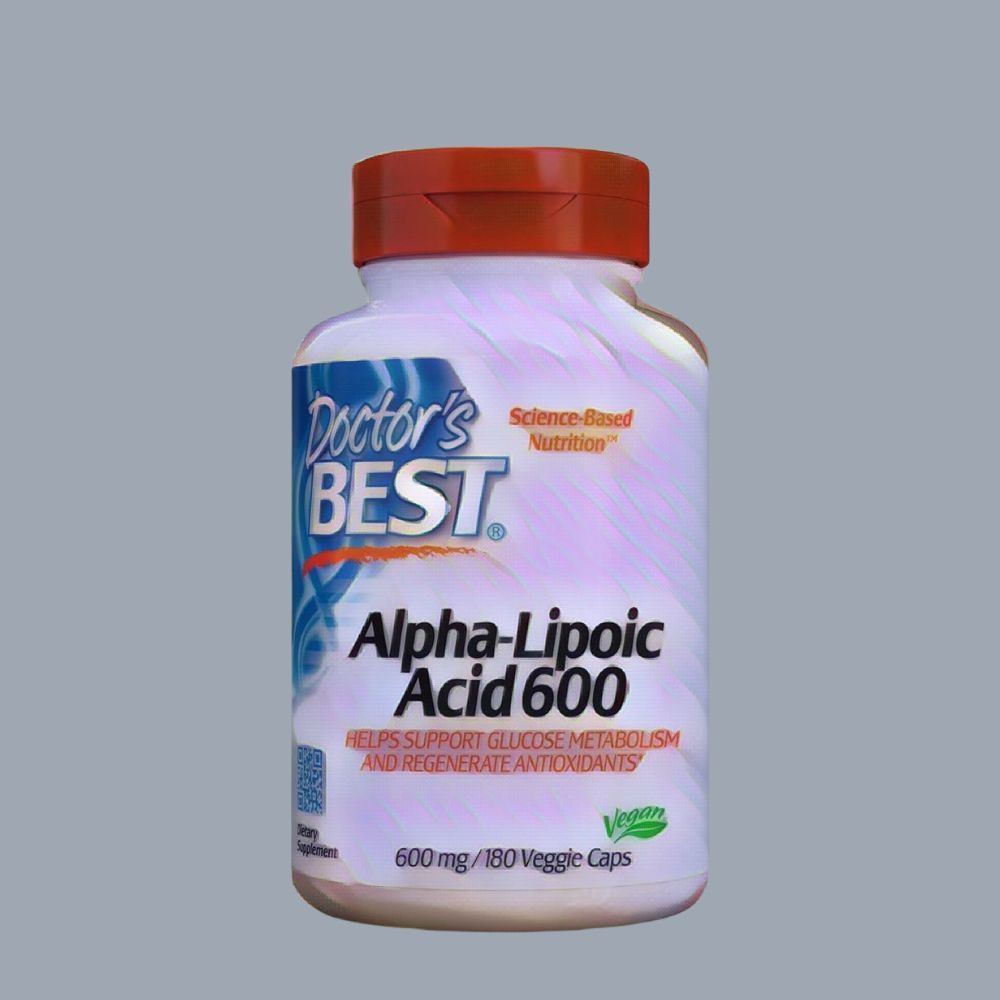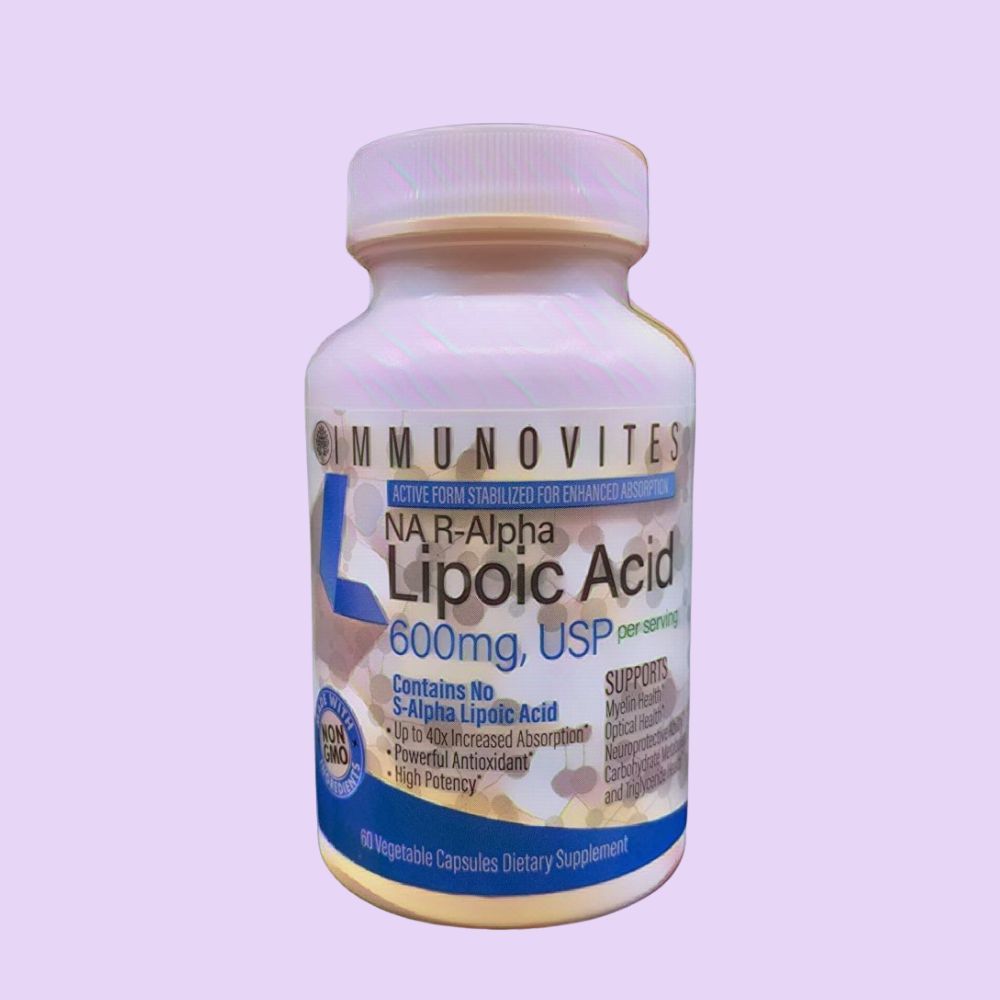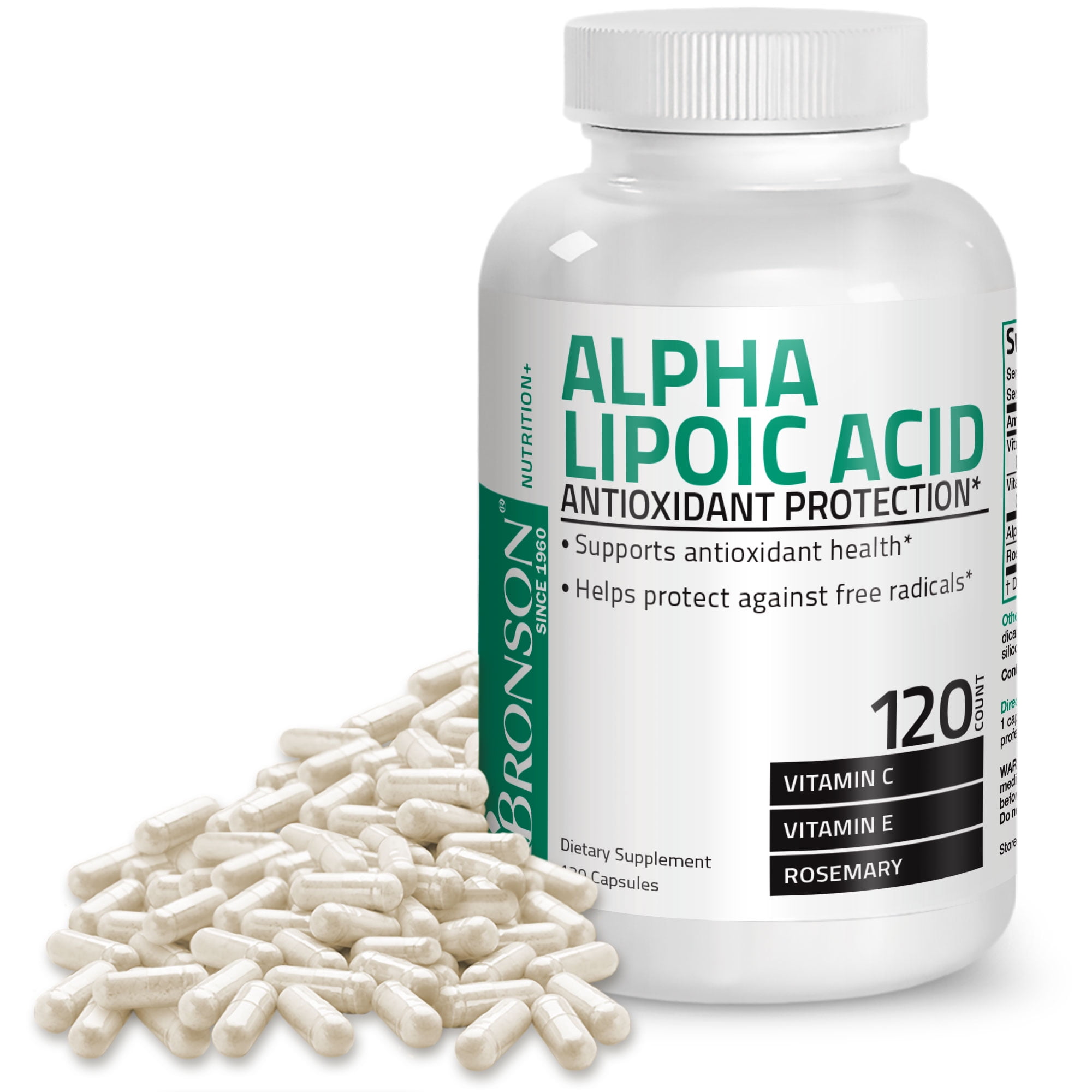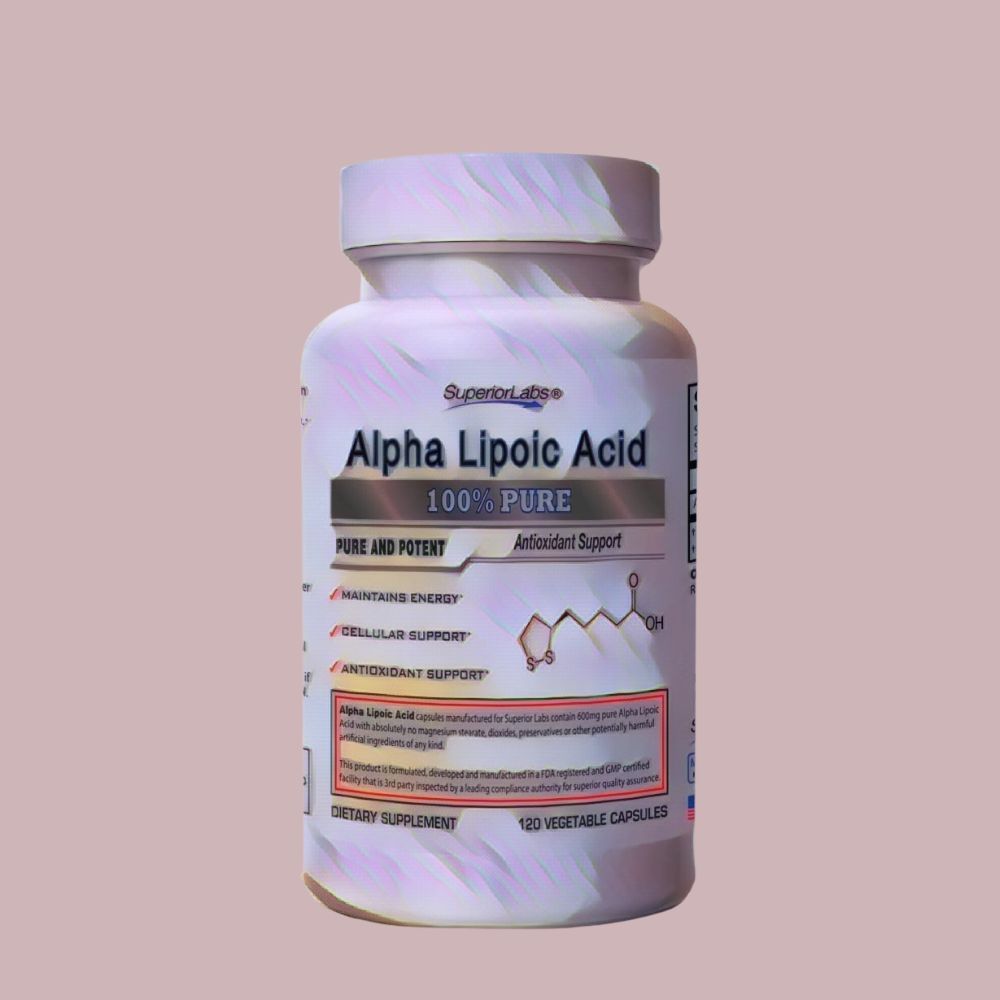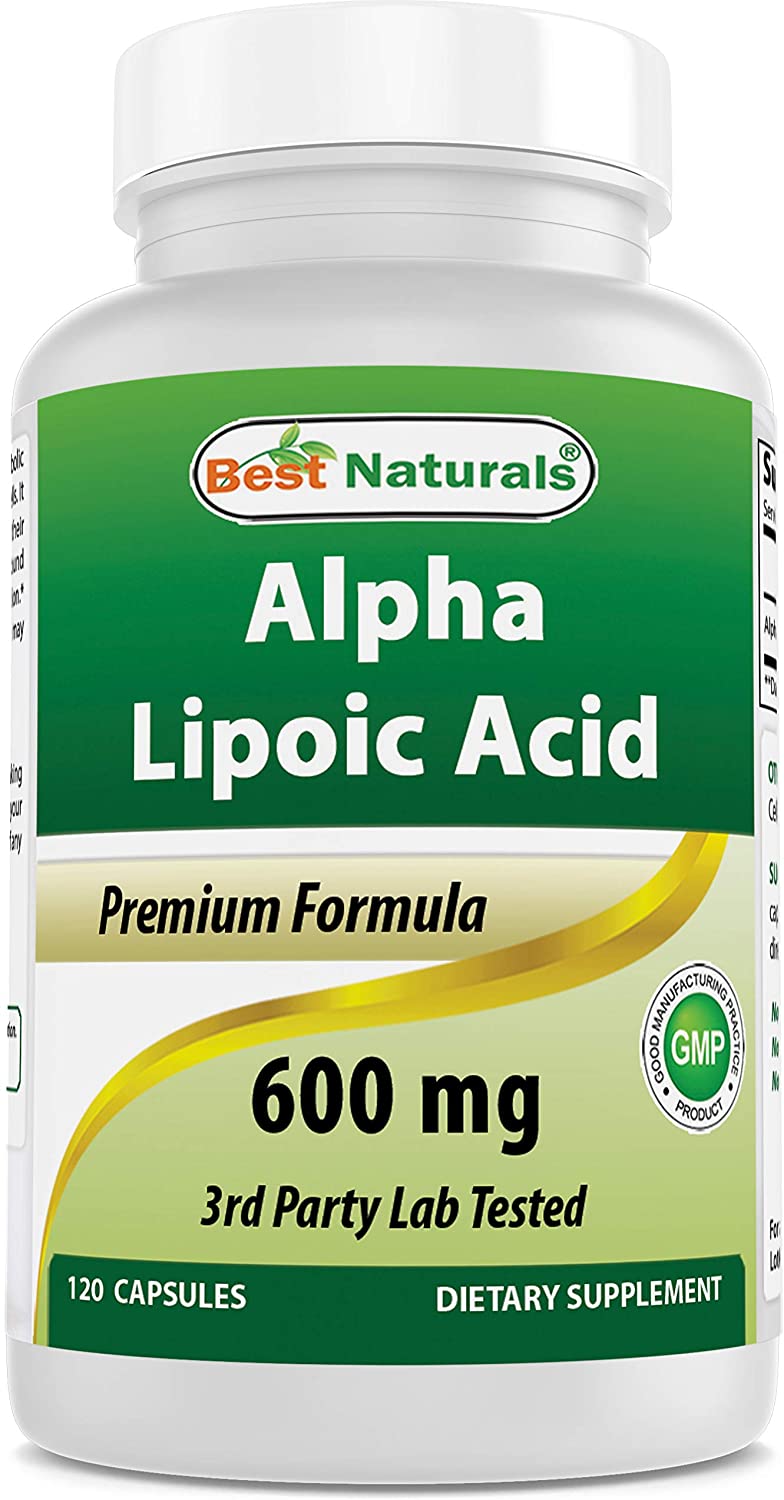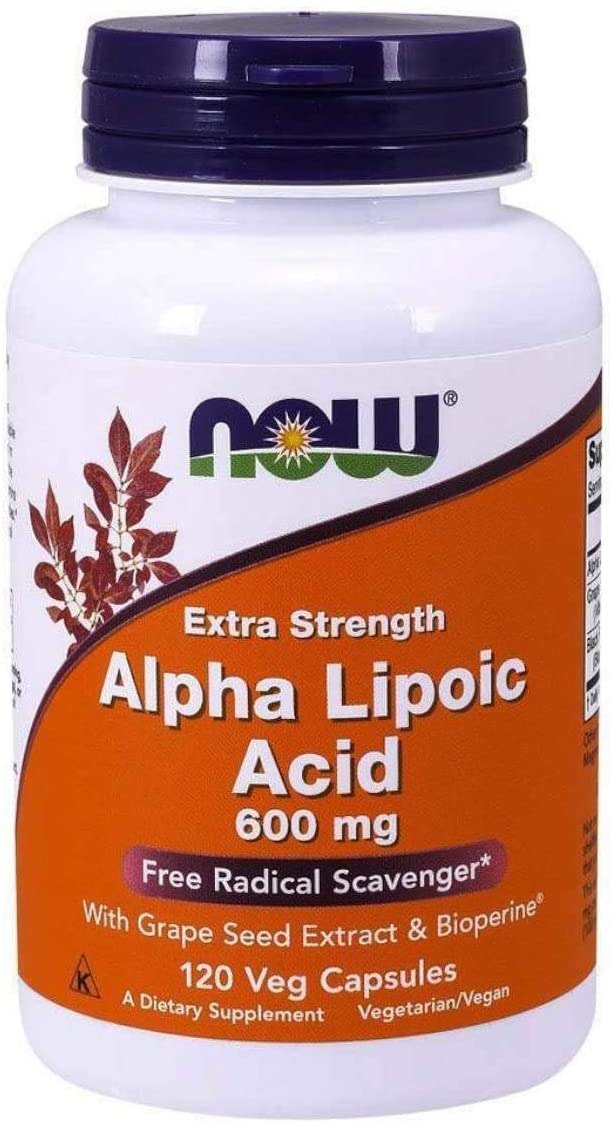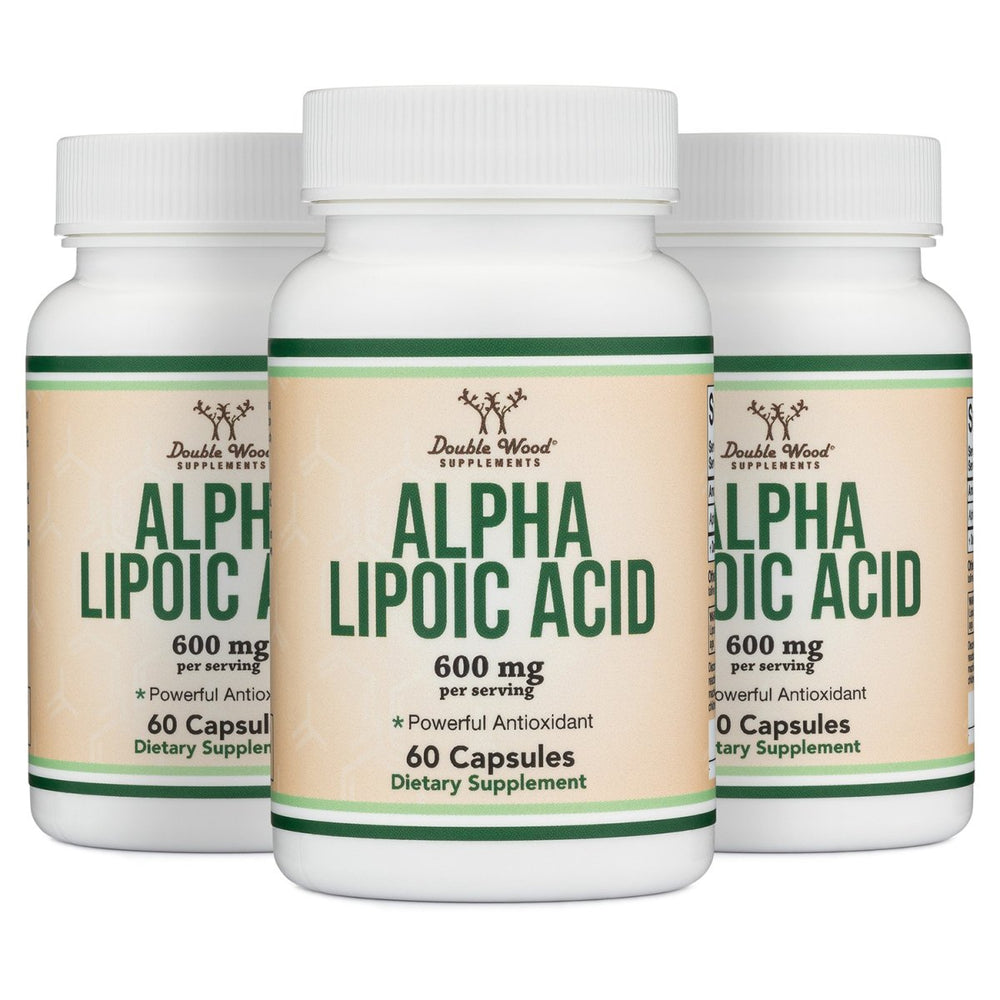Best Form Of Alpha Lipoic Acid
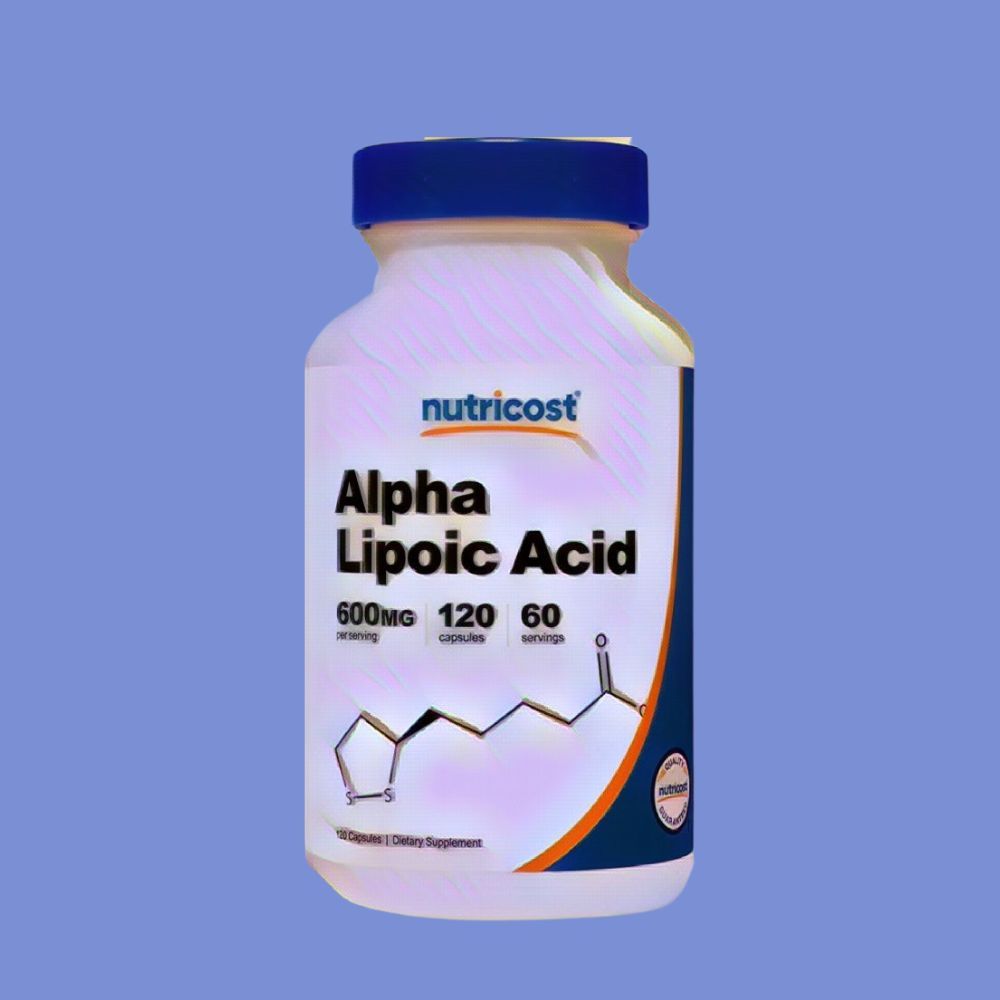
Imagine your cells, tiny powerhouses buzzing with activity, constantly working to keep you energized and healthy. Now imagine a compound that helps these powerhouses run even more efficiently, while also offering protection from the daily wear and tear of life. This isn't science fiction, but the promise of alpha-lipoic acid (ALA), a naturally occurring antioxidant with a growing reputation as a health and wellness booster.
But navigating the world of ALA supplements can feel overwhelming. What's the difference between different forms? Which one offers the best benefits? This article delves into the science-backed world of ALA, exploring its various forms and helping you determine which one might be right for you.
Alpha-lipoic acid (ALA) is a naturally occurring compound found in every cell in your body. It plays a crucial role in energy production, specifically helping enzymes convert nutrients into energy. Beyond its vital role in energy metabolism, ALA is a potent antioxidant, scavenging harmful free radicals and protecting cells from damage.
A Deeper Dive into ALA: Its Background and Significance
ALA has been the subject of scientific research for decades, initially investigated for its potential in treating diabetic neuropathy. Studies revealed its ability to improve nerve function and reduce pain associated with nerve damage. Over time, research expanded to explore its broader health implications, including its potential benefits for cardiovascular health, cognitive function, and even weight management.
The beauty of ALA lies in its unique ability to function in both water and fat-soluble environments. This allows it to neutralize free radicals throughout the body, something most other antioxidants cannot do. This dual solubility makes it a powerful and versatile tool in the fight against oxidative stress.
The Two Main Forms of ALA: R-ALA and S-ALA
ALA exists in two forms, or isomers: R-ALA and S-ALA. These are mirror images of each other at the molecular level. While both forms exist, they have distinct properties and roles within the body.
R-ALA is the naturally occurring form of ALA found in plants, animals, and the human body. It is the form that is primarily responsible for ALA's beneficial effects, including its antioxidant and energy-producing properties. R-ALA is the form your body naturally synthesizes.
S-ALA is the synthetic form of ALA produced in laboratories. It doesn't naturally exist in the body. While S-ALA possesses some antioxidant activity, it is generally considered less bioactive and less effective than R-ALA.
The Advantages of R-ALA: Why it's Often Preferred
Research suggests that R-ALA is more readily absorbed and utilized by the body compared to S-ALA. This enhanced bioavailability means that R-ALA can more effectively exert its antioxidant and metabolic benefits.
Studies have indicated that R-ALA may be more effective at improving insulin sensitivity and glucose metabolism. This makes it particularly relevant for individuals with diabetes or insulin resistance. The improved effectiveness makes it superior in many individuals.
Many experts recommend choosing supplements that contain R-ALA or stabilized R-ALA (such as sodium R-lipoate) for optimal results. These forms are considered more biologically active and better utilized by the body.
Navigating ALA Supplement Labels: What to Look For
When choosing an ALA supplement, pay close attention to the label. Look for products that specifically state they contain R-ALA or stabilized R-ALA.
Some supplements may list "alpha-lipoic acid" without specifying the form. These often contain a 50/50 mixture of R-ALA and S-ALA. While still beneficial, these may not be as potent as pure R-ALA products.
Consider the dosage. The optimal dosage of ALA can vary depending on individual needs and health goals. Consulting with a healthcare professional is always recommended to determine the appropriate dose for you.
Exploring the Science Behind ALA's Benefits
The scientific literature on ALA is extensive and continues to grow. Studies have explored its potential benefits in various areas, including:
Diabetic Neuropathy: ALA has shown promise in reducing pain, numbness, and other symptoms associated with diabetic neuropathy. It helps improve nerve function and reduce oxidative stress in nerve cells. Numerous trials have validated this use of ALA.
Cardiovascular Health: ALA may help improve blood vessel function and reduce oxidative stress, potentially contributing to cardiovascular health. Research suggests it may help lower blood pressure and improve cholesterol levels, further contributing to a healthier heart.
Cognitive Function: Some studies suggest that ALA may have neuroprotective effects, potentially improving cognitive function and memory. Its antioxidant properties can protect brain cells from damage caused by free radicals. Further research is needed to confirm these findings.
Weight Management: While not a miracle weight-loss cure, ALA may play a role in supporting healthy weight management by improving metabolism and insulin sensitivity. It can help regulate blood sugar levels, which can contribute to reduced cravings and improved energy levels.
The Importance of Choosing Quality and Consulting a Professional
As with any supplement, quality is paramount. Choose reputable brands that conduct third-party testing to ensure purity and potency. This helps ensure you're getting a safe and effective product. Reputable brands will ensure the product is what it says it is.
Before starting any new supplement regimen, it's essential to consult with a healthcare professional. This is especially important if you have any underlying health conditions or are taking medications. They can help determine if ALA is right for you and recommend the appropriate dosage.
ALA can interact with certain medications, such as blood thinners and thyroid medications. A healthcare professional can help you avoid potential interactions and ensure your safety. They can also help you monitor any potential side effects.
ALA: A Promising Nutrient with a Bright Future
Alpha-lipoic acid is a fascinating and versatile nutrient with a wide range of potential health benefits. While research is ongoing, the evidence suggests that it can play a significant role in supporting overall health and well-being.
By understanding the different forms of ALA and choosing high-quality supplements, you can harness the power of this potent antioxidant and metabolic enhancer. Remember that R-ALA is generally considered the superior form due to its enhanced bioavailability and bioactivity.
As you consider incorporating ALA into your wellness routine, remember the importance of personalized guidance. Consulting with a healthcare professional will ensure that you're making informed decisions tailored to your individual needs and health goals. This will ensure you are maximizing the benefits of ALA while minimizing any potential risks.
